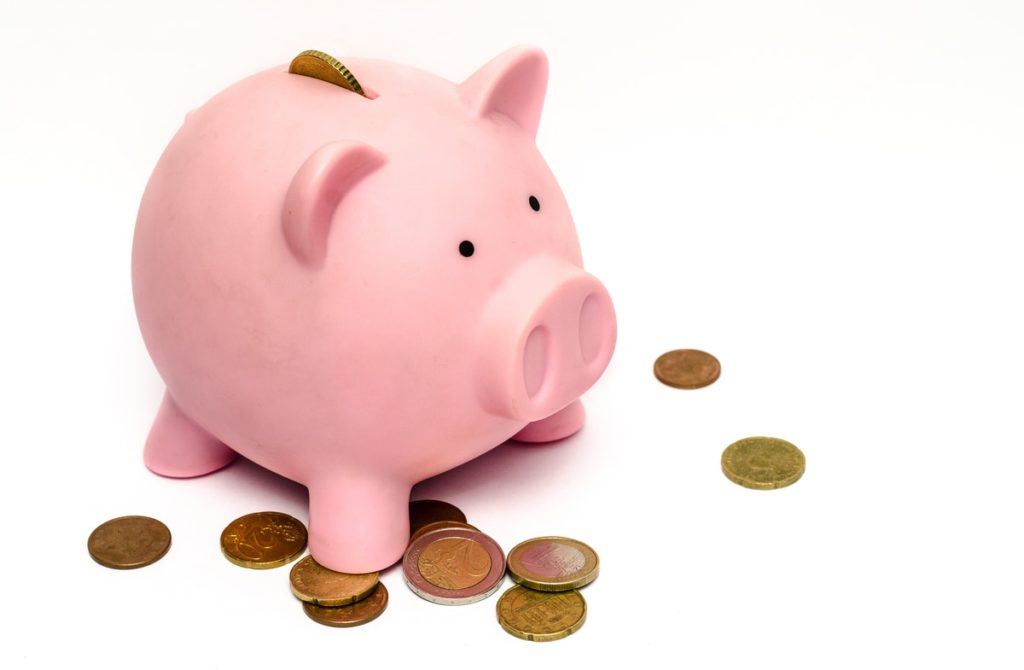Acquiring a huge debt, like a mortgage or a business loan, is pretty daunting. It may get you what you need, but in exchange for monthly payments that’ll go on for a long period, until you fully repay what you owe.
If you’re always on-time with your payments, your credit improves, making you more qualified for other debts like an auto loan or credit card. On the other hand, if you’re habitually late with your bills — from utilities to phone bills — then your credit may suffer. You may also be at risk of legal disputes with your creditors if you’re currently paying a mortgage, or any other huge loan.
The good news is, you won’t get imprisoned for missing your payments or not making them at all. But your properties, which is known as the collateral in the language of debt, may be seized to satisfy your balances in arrears.
But whether your properties will be seized depends on the type of loan you’re under. Here’s a more detailed explanation of what can happen if you’re chased by your creditor:
Secured vs. Unsecured Debts
In a secured debt, the creditor is pledged with a collateral in exchange for granting you a loan, line of credit, or purchase. The collateral can be a business property, or your own personal property, like your home or car.
Examples of a secured debt are car loans, mortgages, and business loans.
If you miss a payment on a car loan, for example, the car loan provider has the legal right to repossess the car and sell it to recover the money that you owe them. This process can even be carried out without your notice, as long as your contract allows it. This means your car can be reclaimed without the court’s judgement, and you can still be in debt. That’s because the difference between the lender’s selling price for your car and your outstanding balance is still on you, known as “deficiency.” The repossession will also show up on your credit for seven years, painting you in bad light.
In an unsecured debt, on the other hand, the creditors must sue you first and win the case before they can seize your income and property.
But unsecured creditors won’t just surprise you with a lawsuit. They’ll first attempt to collect the debt for several months before getting a lawyer involved. Credit cards are an example of this. You’ll normally receive calls or letters first regarding your missed payments, until you finally repay.
How Many Missed Payments Can You Make Without Getting in Trouble?
The answer to this largely depends on your lender’s policy. In a mortgage, for example, you can get away with four or more missed payments if your lender has a considerable portfolio of low-risk loans. But if your lender has a portfolio of high-risk loans instead, then missing just two payments can already put your home at risk of foreclosure.
If your situation makes it impossible for you to pay on time, you should consider a mortgage refinancing. It can reduce your interest rates and monthly payment, consolidate your debts, and generate cash that you can use for various purposes. In turn, you’ll regain the ability to repay your mortgage and avoid foreclosure.
When you’re being sought out by a creditor, note that they are forbidden to threaten you with an arrest, shame you publicly, collect what you don’t owe them, pretend to work for a government agency, and harass you. Just because you couldn’t repay a debt means you deserve their contempt, so maintain your dignity during the difficult time. Considering seeking professional help as well to relieve your hefty debts.





